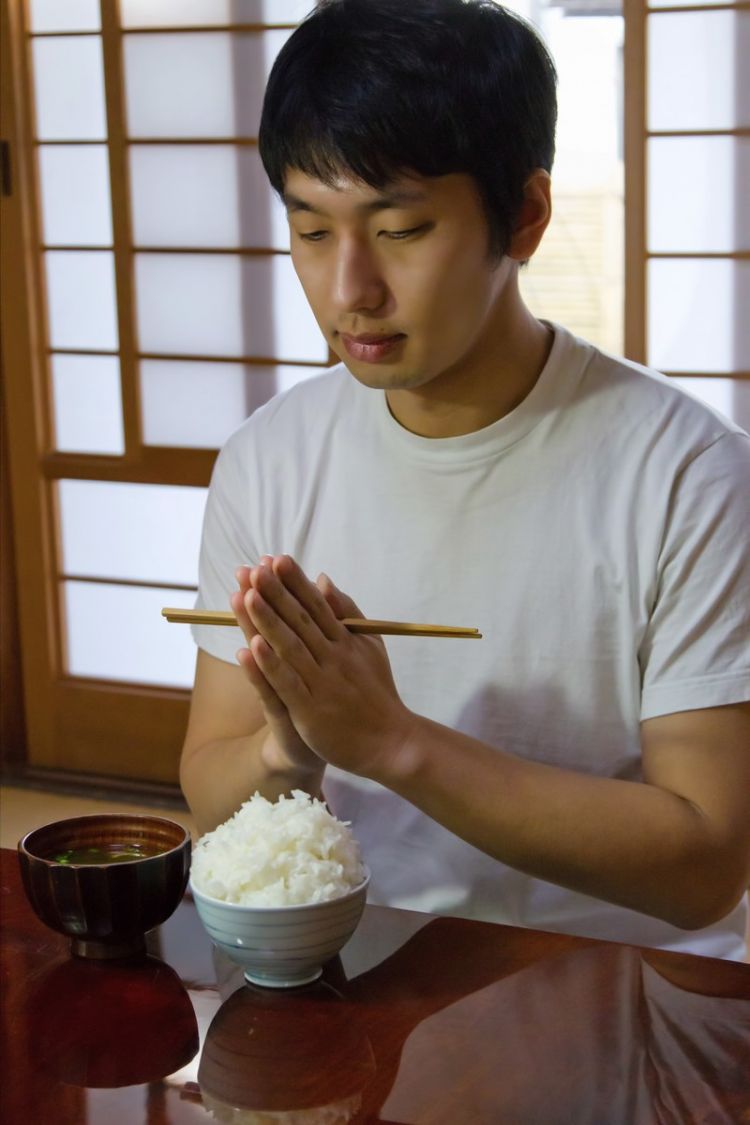
Apa Sebenarnya Arti Ungkapan "Itadakimasu" dan "Gochisousama"?
Itadakimasu (いただきます) is a Japanese phrase that translates "to humbly receive". Often said before eating a meal, the phrase is used as a way of showing gratitude and respect for everyone and everything that made the meal in front of you possible. It is meant to honor all: from the natural elements that supplied the ingredients, the.

O que significa "itadakimasu! (いただきます)"? Aulas de
The Japanese say "itadakimasu" before eating because it shows extremely polite manners. There are three reasons for saying "itadakimasu": as a way of saying grace, as a way to say "let's eat" to start the meal, and finally, as a habit. In the next paragraphs, I'll explain these reasons, the meaning of "itadakimasu", how to.
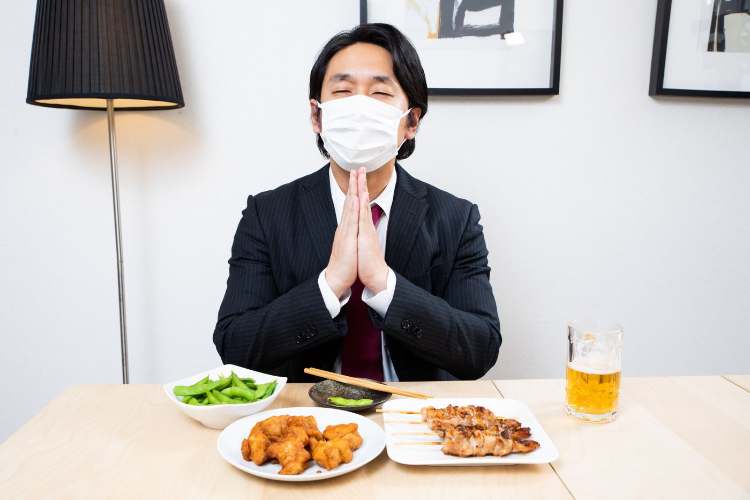
Arti Itadakimasu Bahasa Jepang dan Contoh Penggunaannya
Ittekimasu and Itterasshai. Tadaima and Okaerinasai. These Phrases: いってきます (Ittekimasu), いってらっしゃい (Itterasshai), ただいま (Tadaima), おかえりなさい (Okaerinasai) embody the Japanese spirit so well that once you grasp the nuance of their meaning, you will definitely have a deeper understanding of the.

Itadakimasu Meaning The Secret Behind Japan's Grateful Mealtime Phrase" YouTube
Secara harfiah, "itadakimasu" berarti "saya menerimanya (dengan senang hati)". Dalam kebudayaan Jepang, kata ini biasa digunakan sebagai ungkapan terima kasih ketika menerima sesuatu, dan juga umum digunakan ketika akan memulai makan. Biasanya diartikan "selamat makan" atau "terima kasih atas makanannya". Menurut ajaran agama.

Itadakimasu (Selamat Makan) Belajar Bahasa Jepang Kepo Jepang
Separating "Itadakimasu" grammatically; "Itadaki いただき (noun) +. masu ます (an auxiliary verb meaning politeness)". "Itadaki" means the top of the mountain or higher than the head. This word originally meant the action of putting something on a human head. It has changed to mean the act of raising the gift high to show.
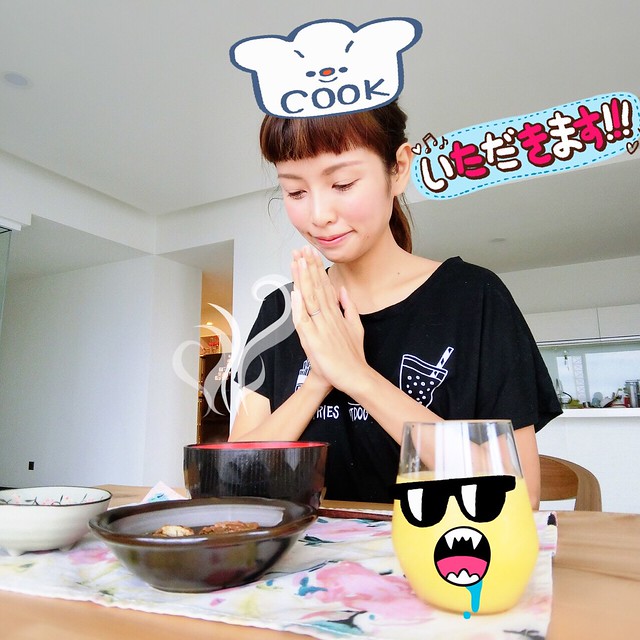
The meaning of Itadakimasu Cheeserland
The literal meaning of itadakimasu is to receive something. Before picking up their chopsticks and digging into a meal, Japanese people usually say "itadakimasu.". Itadakimasu expresses reverence for the life of the food ingredients and gratitude to the people involved in cooking the meal. When watching anime or having a meal with Japanese.

What Is Itadakimasu Meaning, And How Should You Use It?
The Meaning of Itadakimasu. "Itadakimasu" is an essential phrase in your Japanese vocabulary. It's often translated as "I humbly receive," but in a mealtime setting, it's compared to "Let's eat," "Bon appétit," or "Thanks for the food." Some even liken it to the religious tradition of saying grace before eating.
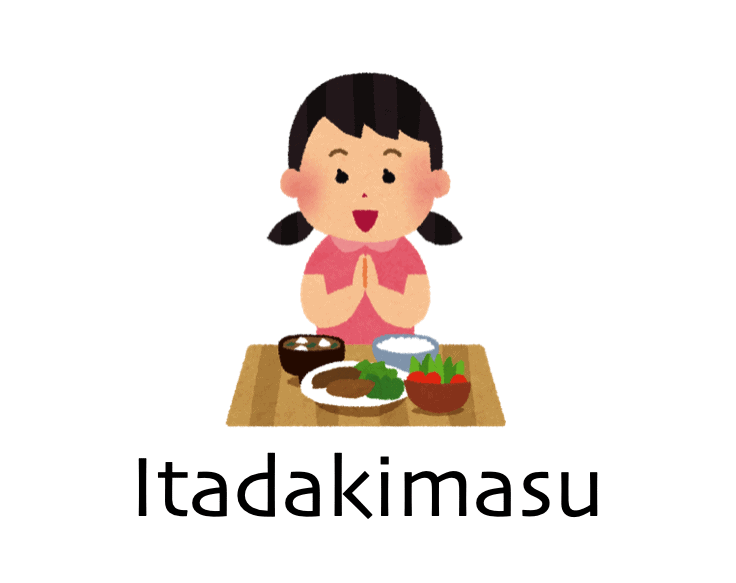
Itadakimasu — A Japanese Expression Of Gratitude
'Itadakimasu!' Basic Japanese for Dining Out. Tokyo Girls' Update Updated April 20, 2018. Restaurants Learning Japanese First Time in Japan Life in Japan. tokyogirlsupdate.com. One of the benefits to being in Japan is the overwhelming amount of delicious food available. Although some places have menus in English and other languages, and places.

El verdadero significado de Itadakimasu y Gochisoosama deshita Japonés en la Nube Aprende
The expression itadakimasu 頂きます is one that's often said before meals in anime, and it doesn't take a genius to figure out it's one of things you have to say or else you'll come off as rude. But what does itadakimasu means in Japanese? Well, to begin with, itadakimasu 頂きます is the polite conjugation, formal form, of the verb itadaku 頂く, which means more or less "to gladly.

Itadakimasu (Selamat Makan) Belajar Bahasa Jepang Kepo Jepang
Itadakimasu means to have food humbly. We put hands together in front of chest when we say Itadakimasu before meal. I think you know this. It might be similar to prayer of Christian before the meal. I look further into the meaning of Itadakimasu in this article.

Why do Japanese say Itadakimasu Before Eating? Japan Horizon
The custom of saying itadakimasu shows a deep appreciation for the food received. Even little Japanese kids are indoctrinated with the practice of saying "itadakimasu" before they eat, to show their appreciation of food. It's almost like a thank you to the universe for the meal you are having (more on the origins below).

What does Itadakimasu Mean and How to Use it Properly
大 おお きに。. Ookini. Thank you. "Ookini" is an expression only used in the Kansai area, especially in Osaka. Japan also has many dialects. The best known of these is the Kansai-ben. In the past, Ookini was an adverb that was used with Arigato. Thus, "Ookini arigatou" had the same meaning as "Domo arigatou". Over time.
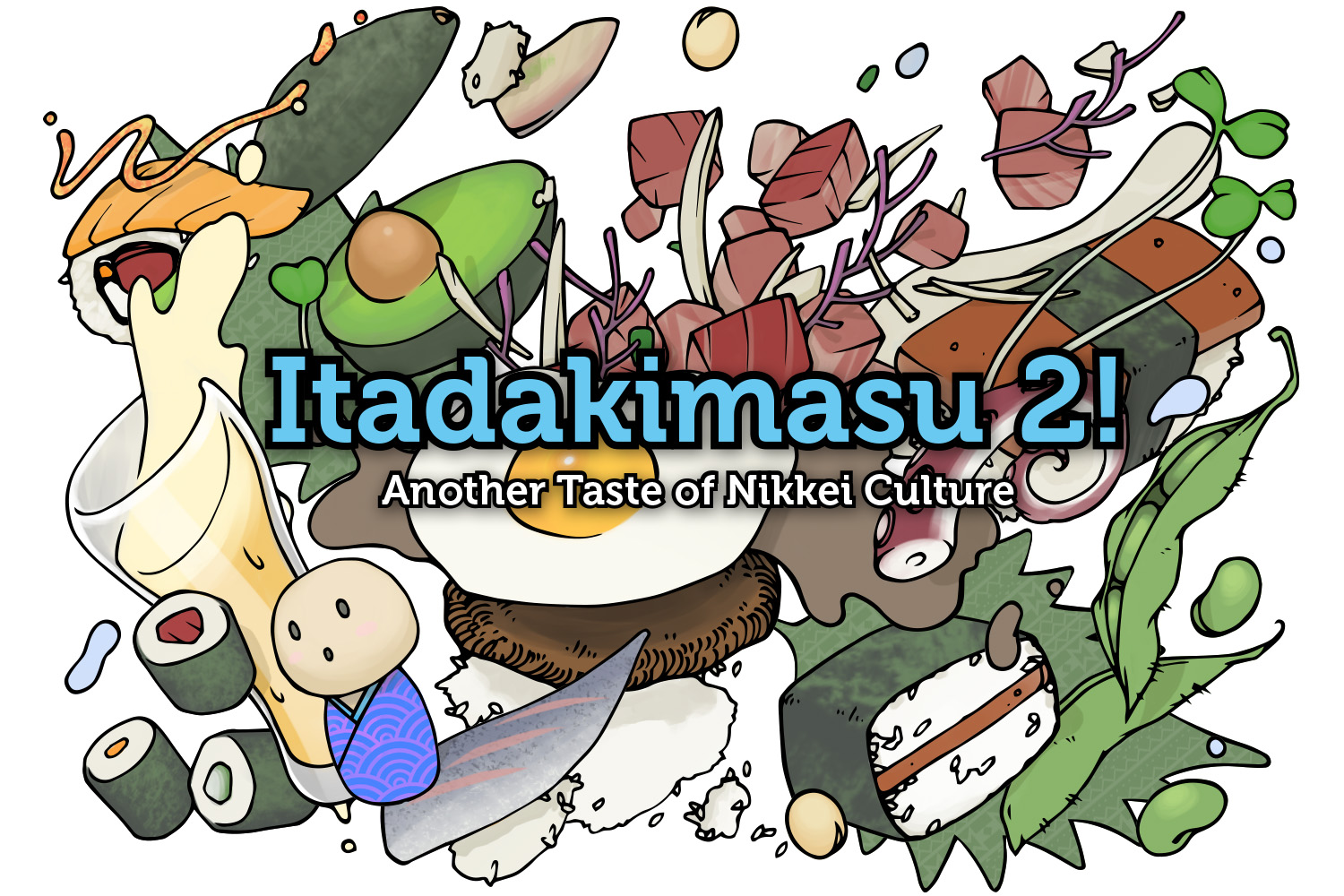
The Return of Itadakimasu on Discover Nikkei FIRST & CENTRAL The JANM Blog
Itadakimasu. Itadakimasu is a very polite and respectful form of "moraimasu" (to receive) or "tabemasu" (to eat). The kanji of itadakimasu 頂 has several meanings, among which "the top of the head" and "to receive". The expression relates to the traditional way of showing gratitude by elevating above one's head the gift received.
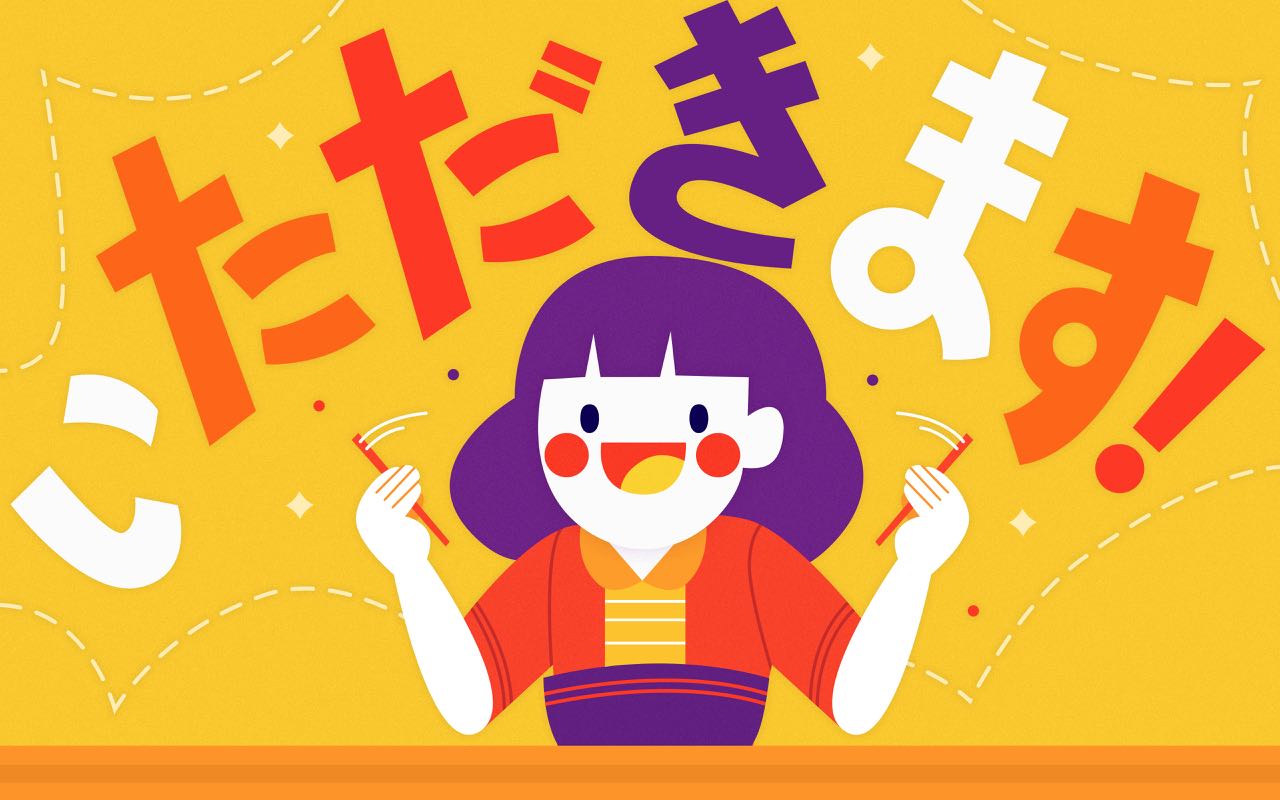
What Does Itadakimasu Mean?
Itadakimasu (pronounced ee-ta-dah-key-mäs) In Japan, children are taught from babyhood to place their hands together, bow, and say "Itadakimasu," "I humbly receive," in unison before picking up their chopsticks. Simply put, this is a word that expresses gratitude to the cooks, the shopkeepers, the farmers, and to the gods — to.
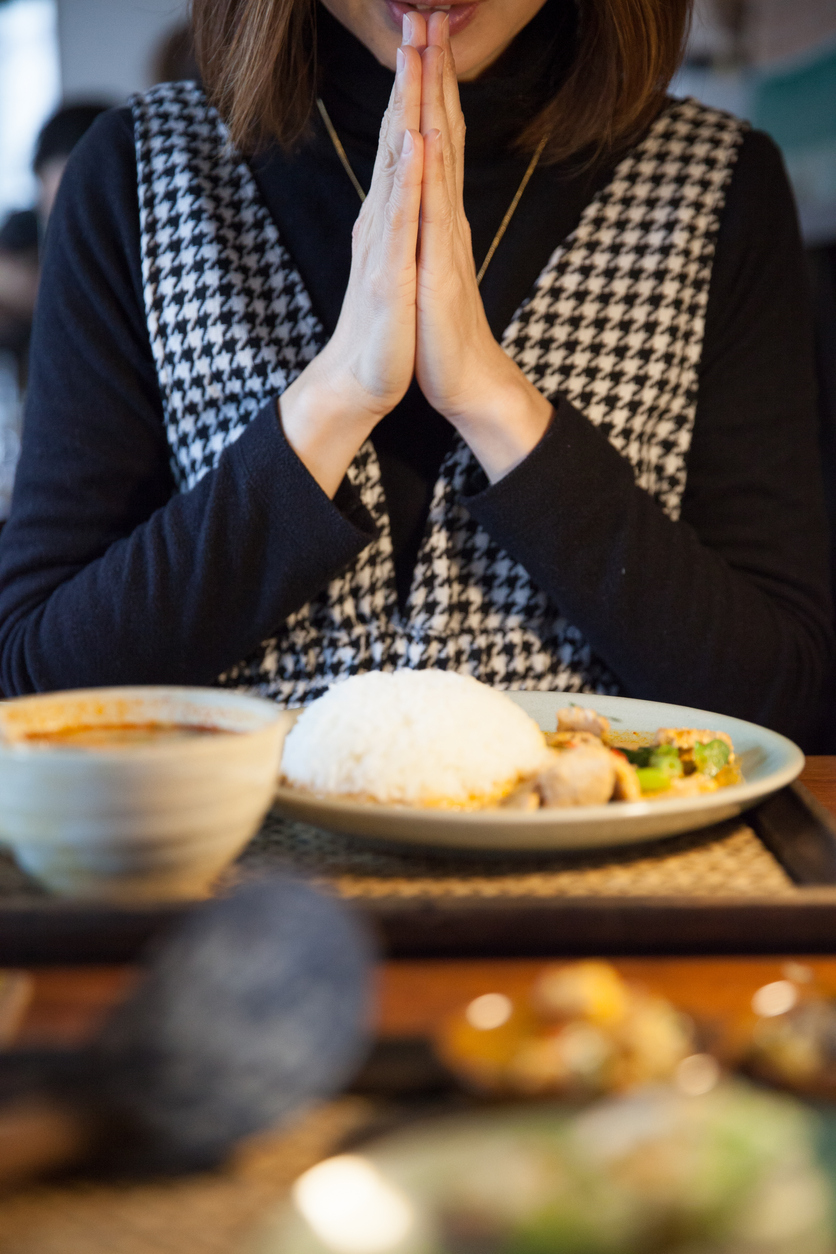
What is Itadakimasu? YummyITADAKIMASU
いただきます (itadakimasu) is a Japanese phrase used before meals as an expression of thanks and acknowledgment for the food about to be eaten. Literally, itadakimasu translates to "I will humbly receive.". There aren't any direct equivalents to this uniquely Japanese expression, but the French "bon appétit" has a similar use.
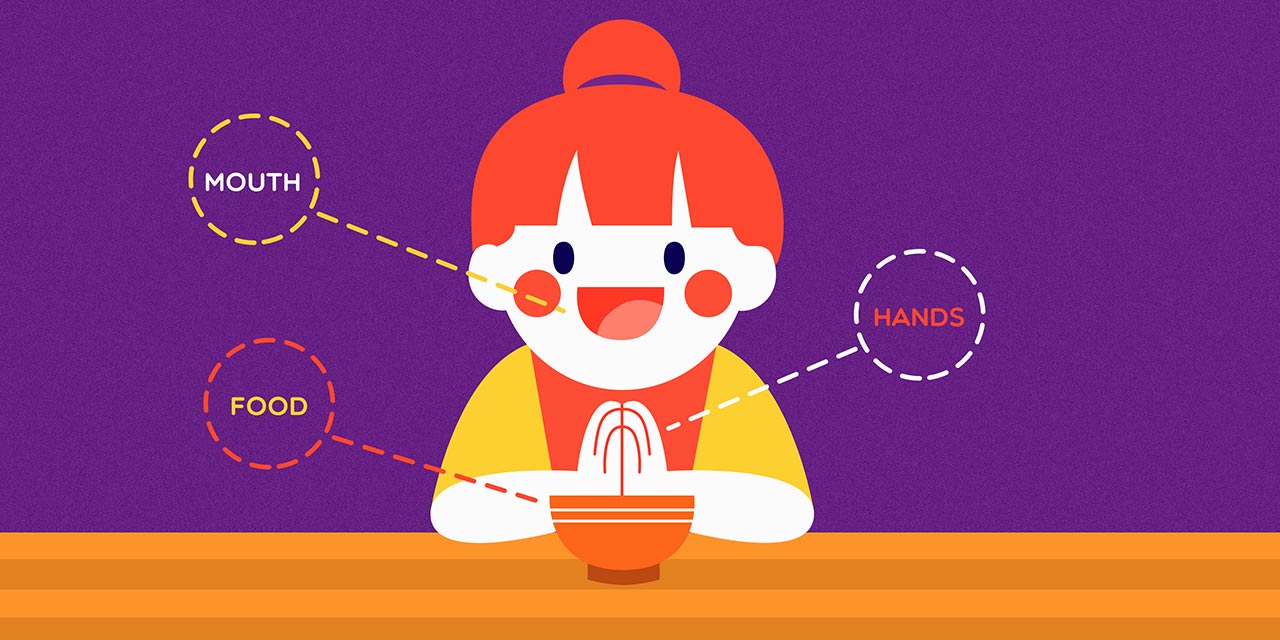
What Does Itadakimasu Mean?
Itadakimasu is a way of saying thank you and giving respect and appreciation to everyone involved in the preparation of your meal - from the cook who prepared it, to the farmer who grew the produce, to the actual pig, wheat and mushrooms. Itadakimasu is taught in schools as well as at home, and just about all Japanese people say it before a meal.